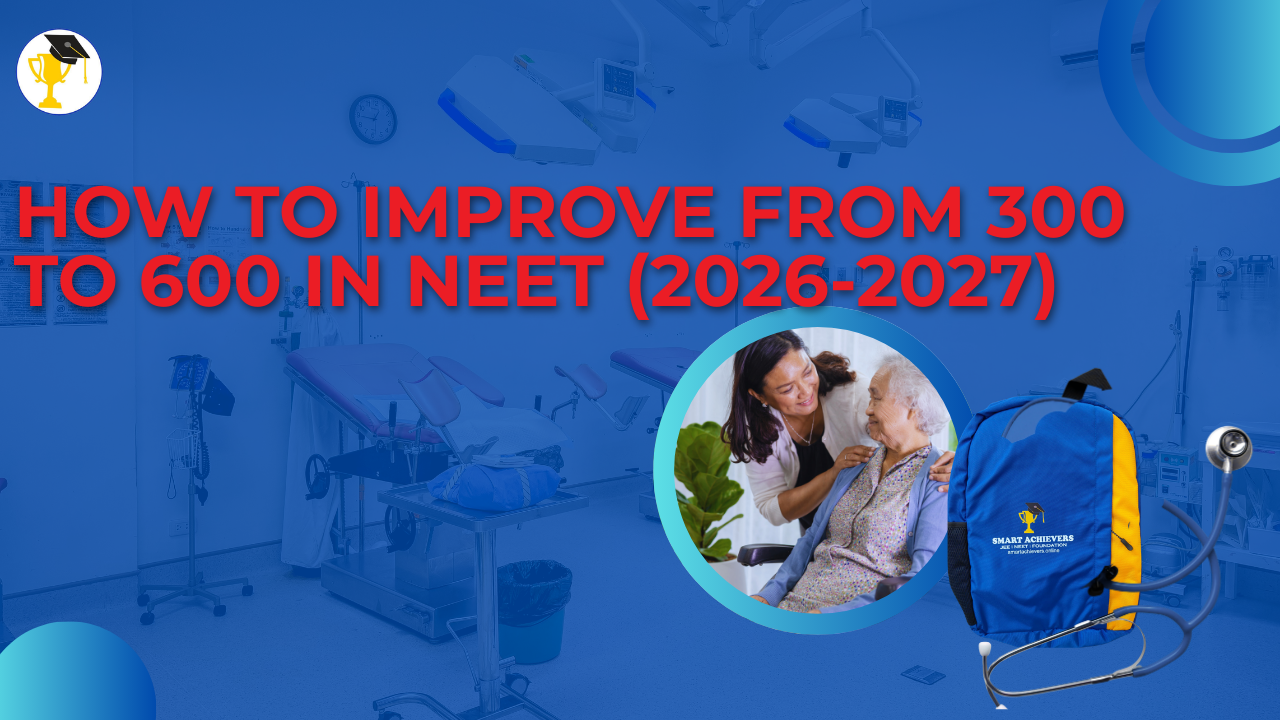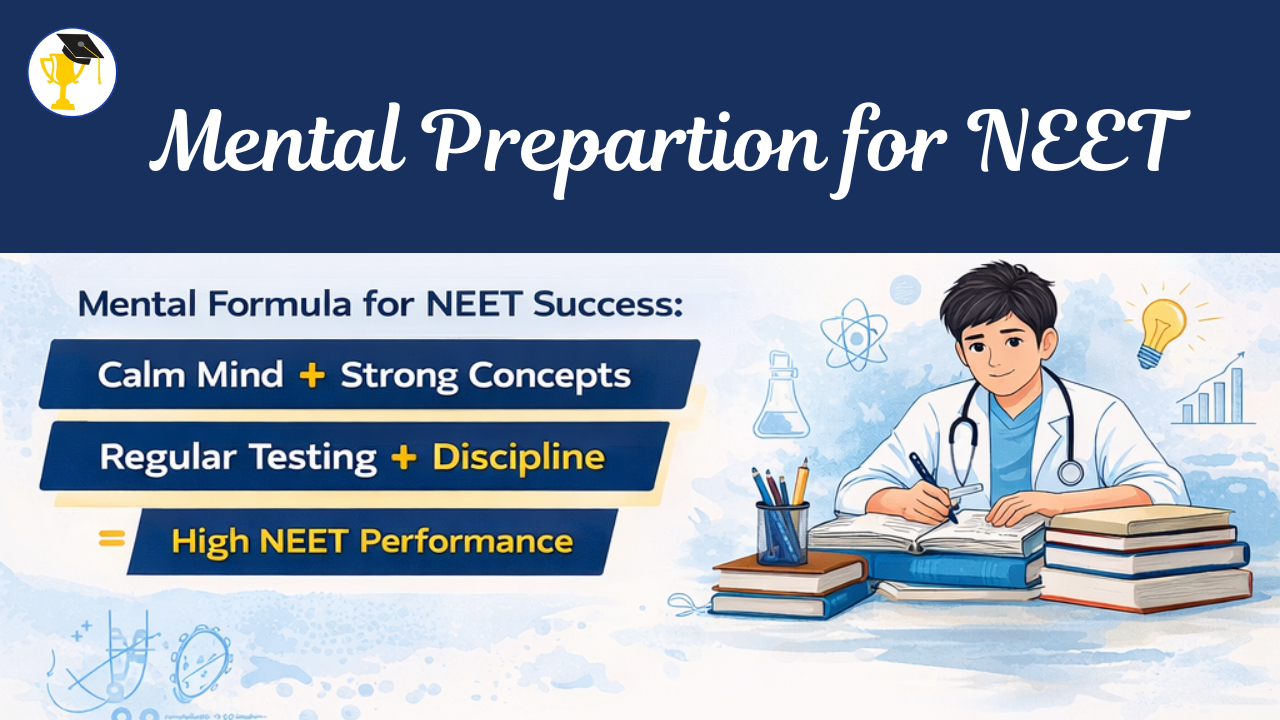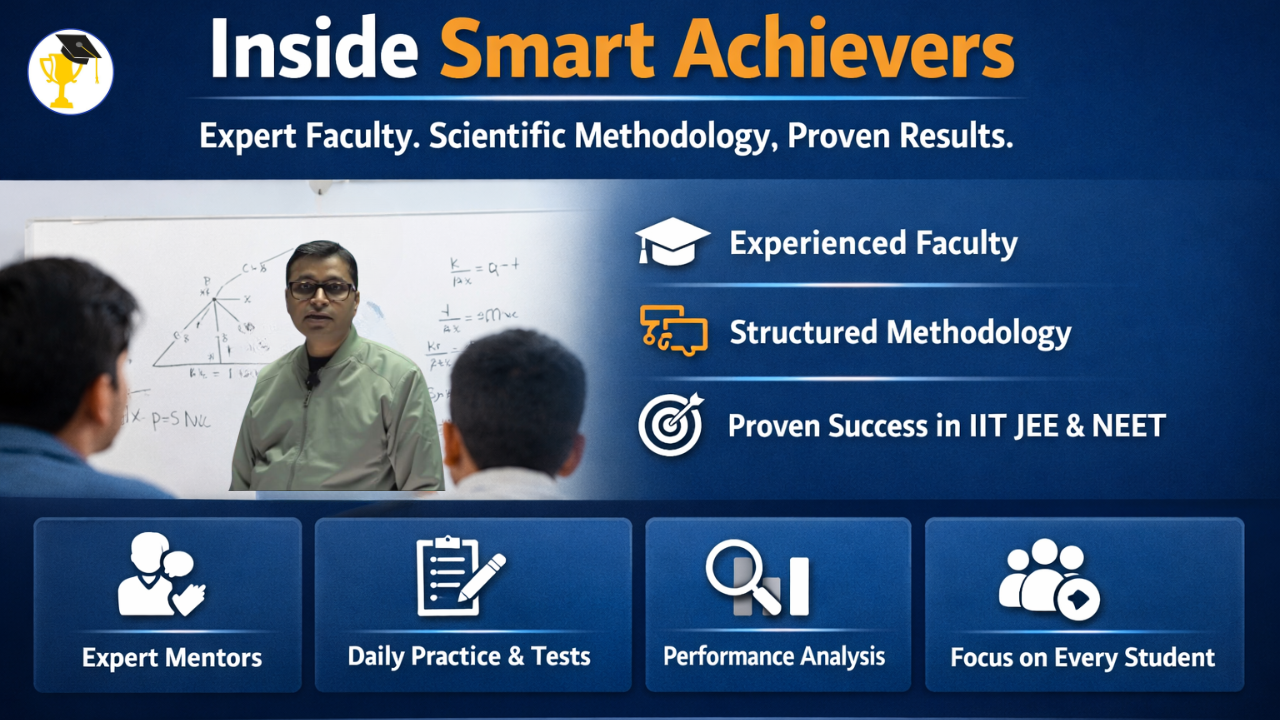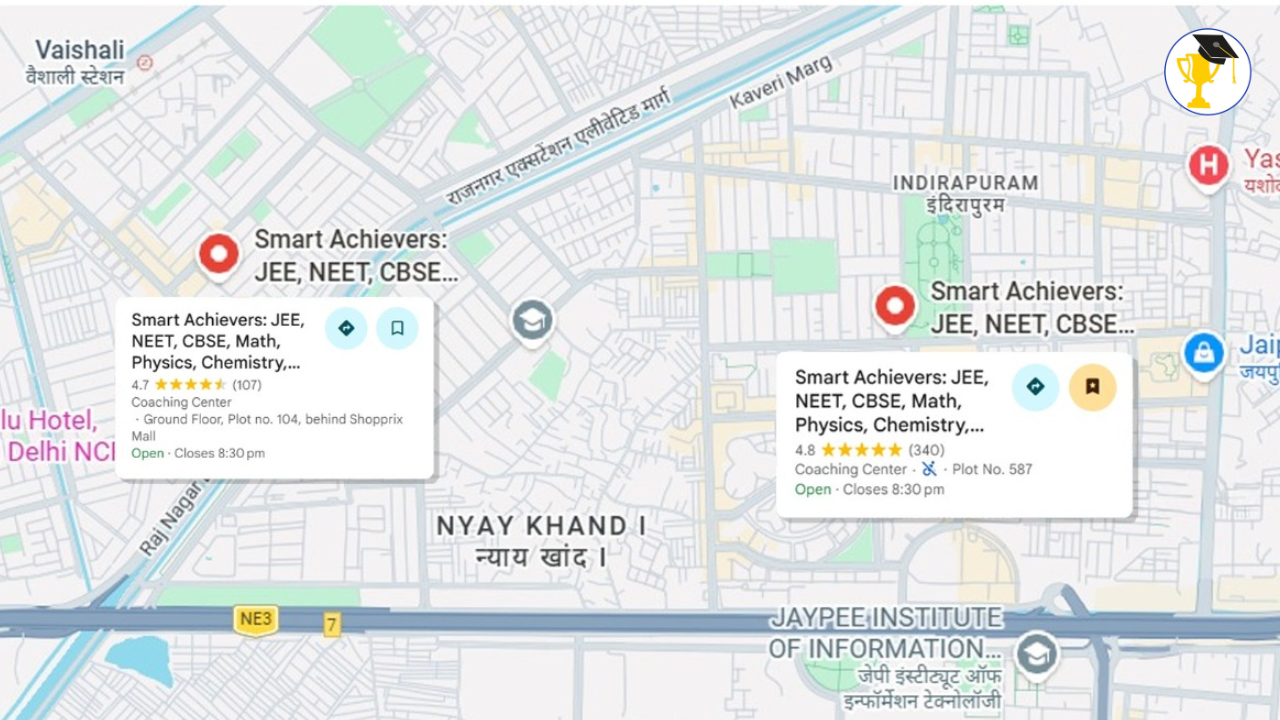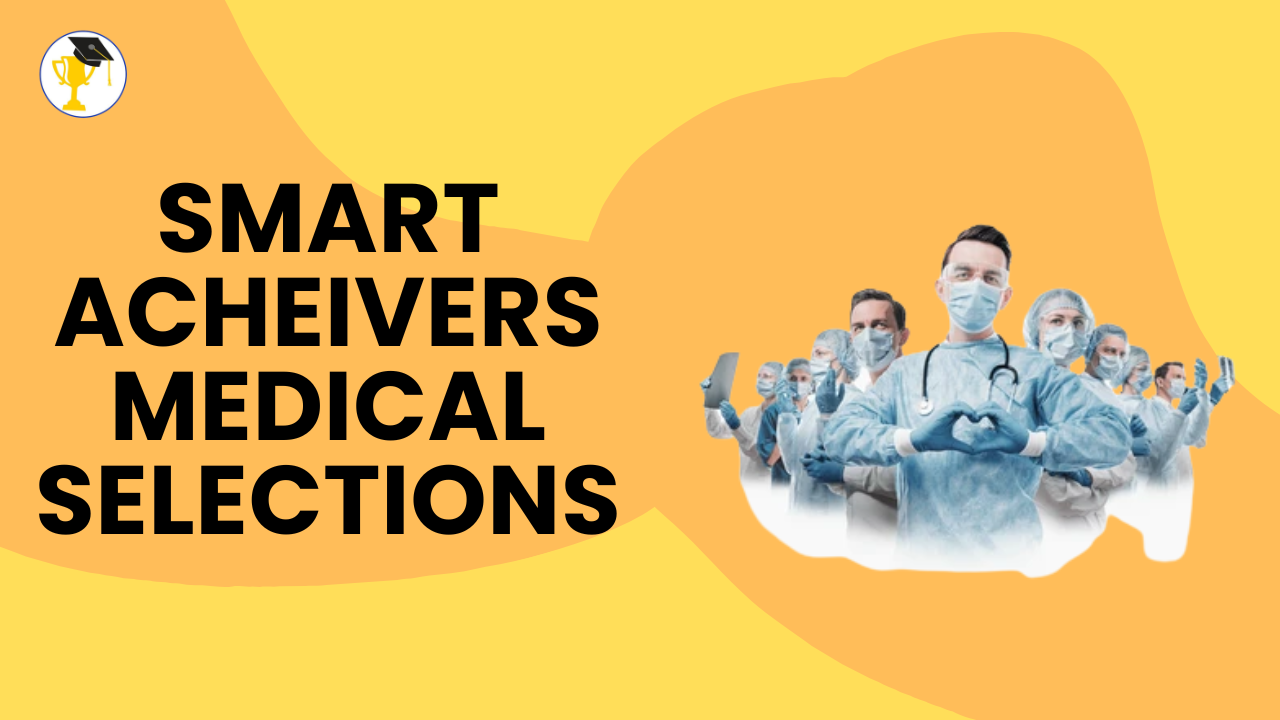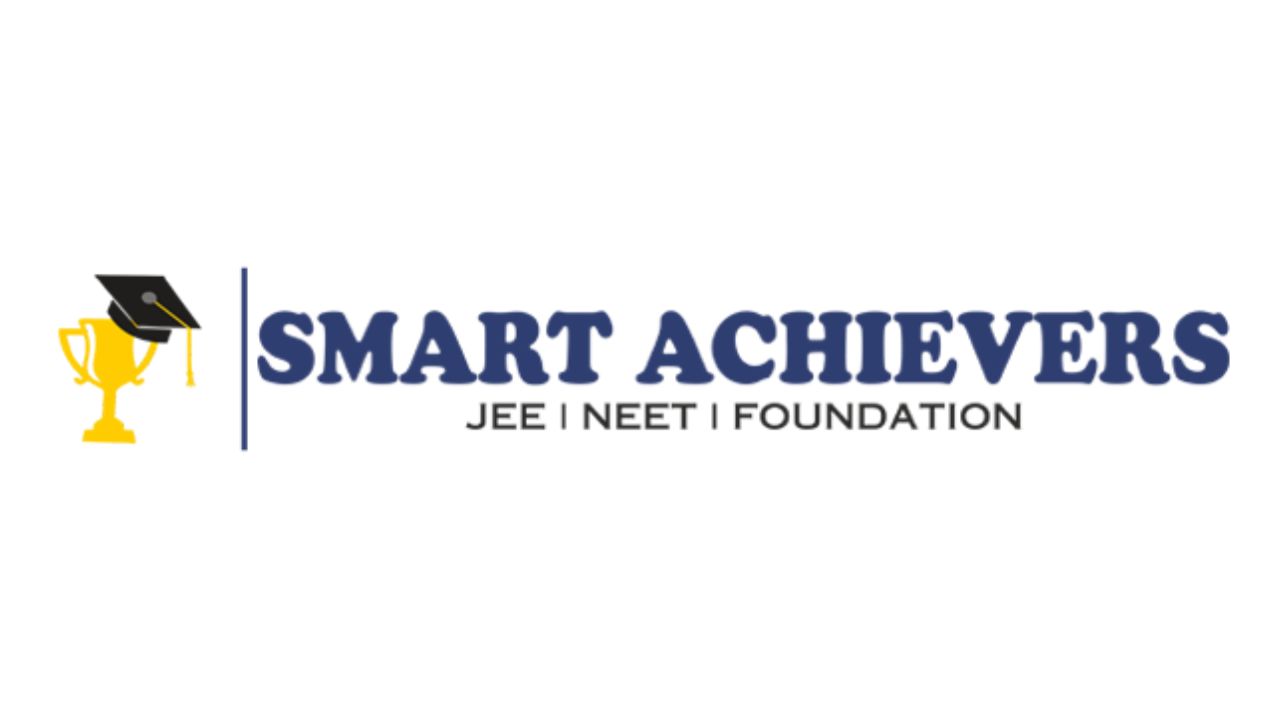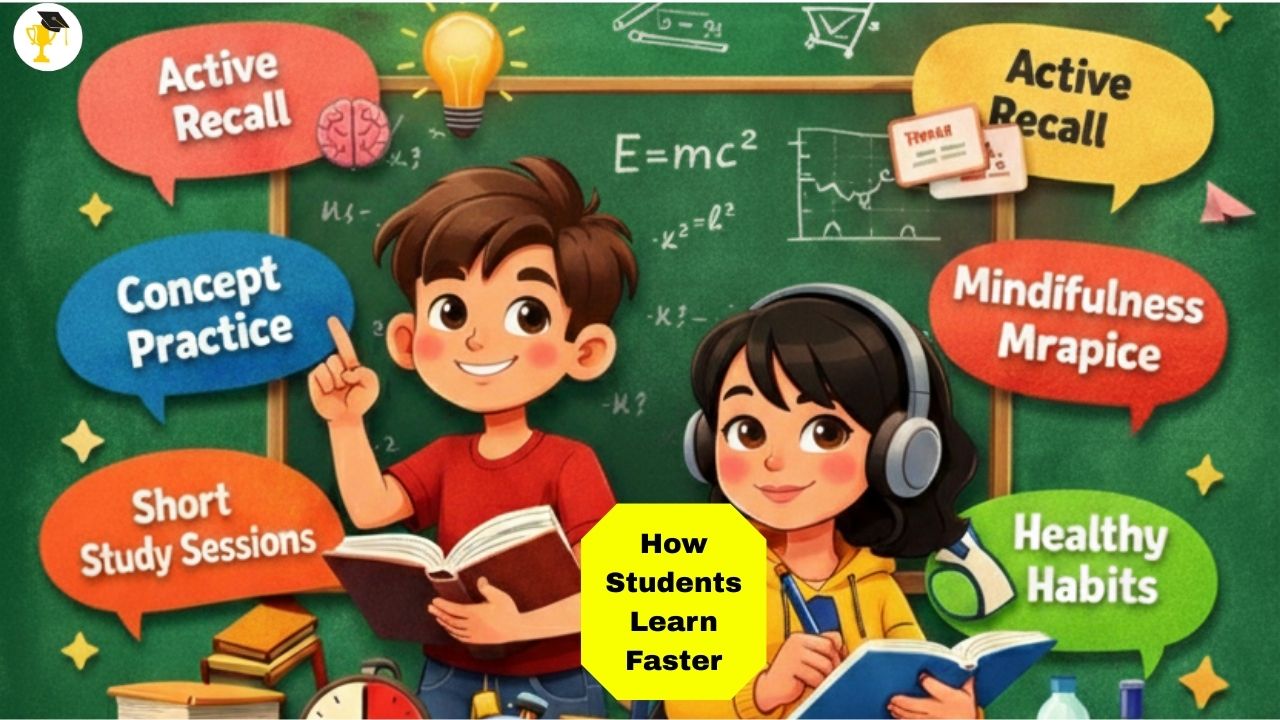Engineering or Medicine? Here’s How to Decide (JEE vs NEET)
1.Exploring the Landscape: JEE & NEET — Goals and Reach
When students in India finish their Class 10 or 12, one of the most critical career decisions they face is choosing between engineering and medicine. These two paths begin with two major entrance exams—JEE (Joint Entrance Examination) for engineering aspirants and NEET (National Eligibility cum Entrance Test) for medical aspirants.
-
JEE is required for admission into top engineering institutions such as IITs, NITs, IIITs, and various state engineering colleges.
-
NEET, on the other hand, is the single entrance test for students who aspire to become doctors, including MBBS, BDS, BAMS, BHMS, and other allied fields.
In recent years, both exams have seen record-breaking numbers in participation, indicating the competitive intensity and high stakes involved.
2. Curriculum Breakdown: Core Subjects & Syllabus Scope
While both exams are based largely on NCERT textbooks, their subject focus and study approach are entirely different.
-
JEE demands in-depth understanding of Physics, Chemistry, and Mathematics (PCM). It places strong emphasis on logical reasoning, numerical problem-solving, and multi-step calculations.
-
NEET, on the other hand, focuses on Physics, Chemistry, and Biology (PCB), with biology carrying 50% of the total weightage. It involves conceptual understanding, detailed memorization, and a strong grasp of human anatomy, physiology, and biochemistry.
Key Differences in Study Patterns:
-
JEE students spend more time on mastering abstract problem-solving and mathematical derivations.
-
NEET students focus on memorizing intricate biological terminologies, processes, and systems—like the human circulatory or nervous system.
A good way to self-assess: If you enjoy logic, puzzles, and solving equations, JEE may be your path. If you're fascinated by life sciences, the human body, or clinical sciences, NEET could be a better fit.
3. Exam Mechanics & Challenge Level
JEE (Main & Advanced):
-
Pattern: Computer-Based Test
-
Duration: 3 hours (2 papers for Advanced)
-
Questions: 90 MCQs (30 each from Physics, Chemistry, and Math for Mains)
-
Difficulty: JEE Advanced is considered one of the most challenging entrance exams in the world due to its analytical and conceptual rigor.
NEET (UG):
-
Pattern: Pen-and-paper test (OMR sheet)
-
Duration: 3 hours 20 minutes
-
Questions: 200 MCQs (180 to be attempted) from Physics, Chemistry, and Biology
-
Difficulty: While NEET appears simpler in format, the vast number of test takers and limited seats make it incredibly competitive.
NEET UG 2025 was among the most difficult in the past 10 years, especially in Physics, which several students said was harder than even JEE Mains. Memes and social media discussions went viral as students vented their frustration and surprise. Yet, this shows how both exams are equally rigorous in their own ways.
4. Educational Timeline & Commitment Required
This is a critical decision factor and often misunderstood by students:
-
Engineering: A 4-year B.Tech or B.E. program post-JEE. Some students go on to pursue a 2-year M.Tech or switch to management/IT domains after graduation.
-
Medicine: NEET success leads to a minimum 5.5-year MBBS course (including 1-year internship). Further specialization (MD, MS, DM, MCh) can stretch this to 8–10+ years.
So, engineering offers quicker entry into the workforce, while medicine requires longer dedication but leads to a highly respected, service-driven career.
5. Professional Realities & Lifestyle
Life as an Engineer:
-
Work environments are mostly office-based or remote.
-
Engineers typically have fixed work hours and structured job roles.
-
Career options: software development, data science, civil/mechanical fields, startups, R&D, etc.
-
Lifestyle: Comparatively stable, though high-pressure roles exist in startups or core tech companies.
Life as a Doctor:
-
Doctors work in hospitals, clinics, or rural outreach programs.
-
Working hours can be erratic, involving night duties, emergency calls, and high emotional tolls.
-
The profession demands patience, empathy, and a strong mental and physical constitution.
-
However, it is one of the most respected and emotionally fulfilling careers.
6. Which Path Should You Pick?
There’s no one-size-fits-all answer here. But here’s how you can decide:
-
Aptitude: Are you better at math (go JEE) or biology (go NEET)?
-
Interest: Do you get excited about solving physics numericals or understanding how the heart pumps blood?
-
Lifestyle Goals: Want a structured, tech-centric life or a service-driven medical journey?
-
Commitment: Are you ready for the long haul of medical training or prefer quicker industry entry via engineering?
Also consider emerging tools like SATHEE, launched by IIT Kanpur and Ministry of Education to offer free JEE/NEET coaching for government school students. It levels the playing field and supports students from rural or disadvantaged backgrounds to prepare efficiently.
Make a Choice That Reflects YOU
Choosing between JEE and NEET is more than picking a subject—it’s choosing a lifestyle, a career, and a personal identity.
Ask yourself:
-
What am I passionate about?
-
What work environment do I envision myself in?
-
Am I prepared for the rigors of either path?
Stay true to your strengths and ambitions. With commitment and the right mindset, both careers offer immense scope, respect, and reward.
 STUDY MATERIALS
STUDY MATERIALS
 COURSES
COURSES
 MORE
MORE


